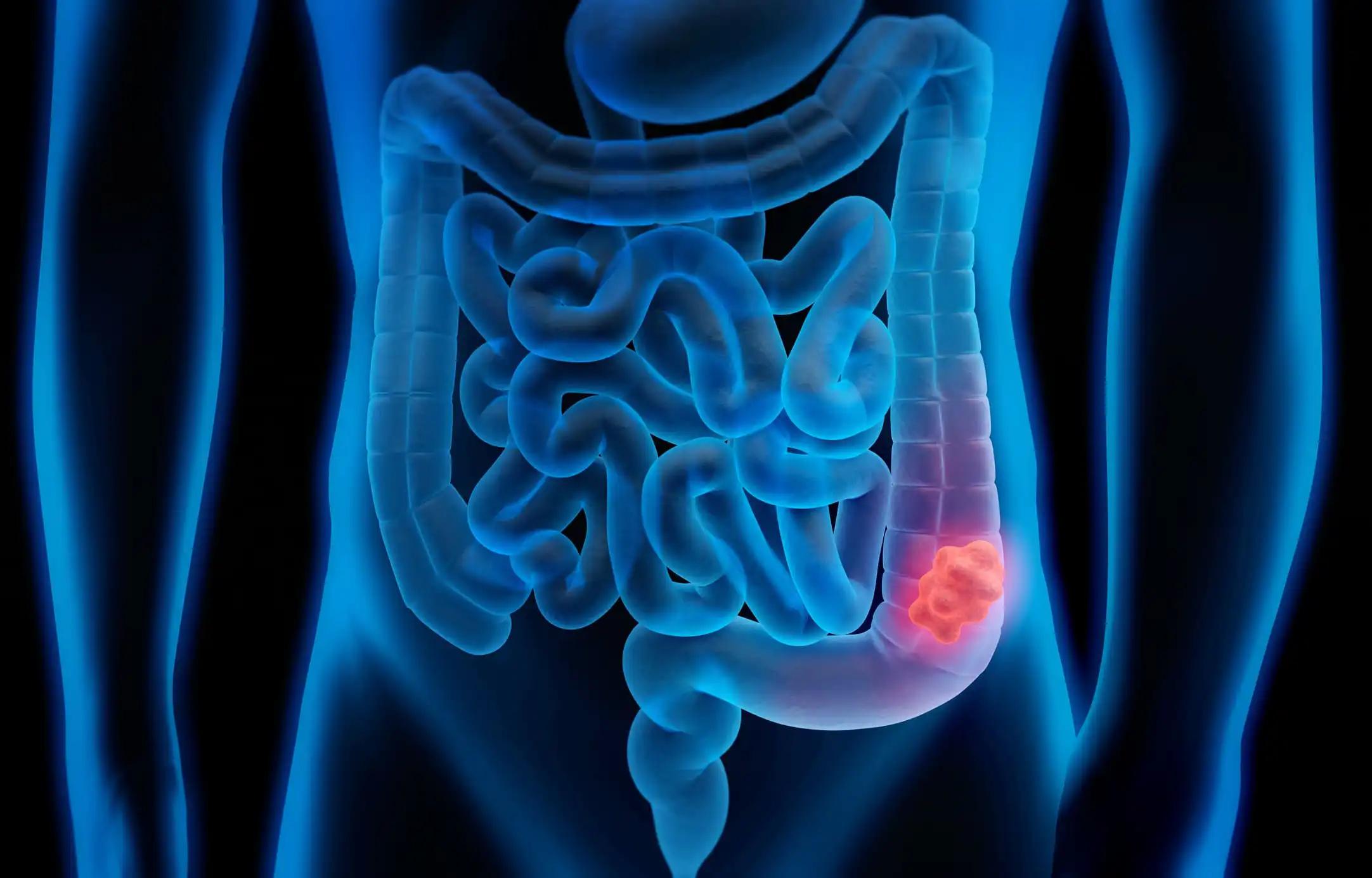KEY TAKEAWAYS
- The observational study aimed to assess the molecular pathologic map of EOCRC by comparing it with LOCRC.
- Researchers observed that EOCRC has high MSI-H rates, specific mutations, and elevated PD-L1, guiding tailored treatments.
The prognosis of early-onset colorectal cancer (EOCRC) is worse than late-onset colorectal cancer (LOCRC), and an increase in incidence has been observed recently, making it fundamental to explore the pathogenesis and elucidate the target of EOCRC.
In this study, Junwei Tang and the team elucidated the specific molecular pathologic map of EOCRC by comparing it with LOCRC.
Researchers enrolled 11,344 patients (pts) with CRC between 2003 and 2022 for this study. Next-generation sequencing (NGS) technology was utilized to detect the tumor-related mutation status and tumor mutation burden in all pts. Further, PD-L1 expression was assessed via immunohistochemistry, which provided deeper insights into the molecular characteristics of the tumors.
Microsatellite instability (MSI) was assessed using the coupled capillary electrophoresis method (2B3D NCI Panel) in all enrolled pts. This comprehensive approach allowed a detailed analysis of genetic mutations and immune biomarkers across the patient cohort, facilitating a robust interpretation of CRC pathogenesis and potential therapeutic implications.
Results revealed that pts with EOCRC generally presented with a later TNM stage, lower tumor differentiation, and a poorer histological type compared to pts with LOCRC. In LOCRC pts with MSI-H status, the TNM stage tended to be earlier compared to those with MSI-L/MSS status. Moreover, the incidence of MSI-H was significantly higher in EOCRC (10.2%) compared to LOCRC (2.2%).
The prevalence of mutations in a 7-gene panel (ARID1A, FANCI, CASP8, DGFRA, DPYD, TSHR, and PRKCI) was relatively higher in LOCRC. Within the EOCRC group, pts with the MSI-H subtype exhibited an earlier TNM stage but worse tissue differentiation and a higher proportion of mucinous adenocarcinoma. Among EOCRC pts, mutation frequencies of FBXW7, FAT1, ATM, ARID1A, and KMT2B were significantly increased in those with MSI-H status.
Comparing MSI-H pts with LOCRC to those with EOCRC revealed higher mutation frequencies of FGFBR2, PBRM1, RNF43, LRP1B, FBXW7, ATM, and ARID1A in the latter. In addition to that, EOCRC pts exhibited a higher tumor mutation burden, particularly in the MSI-H subtype.
PD-L1 expression, assessed by tumor proportion score (TPS), was also elevated in EOCRC and correlated with MSI status.
The study concluded that EOCRC corresponded to a high distribution rate of MSI-H, and a specific mutational profile with a relatively higher PD-L1 expression, which could potentially be employed in guided customized treatment for better disease control.
The trial was sponsored by The First Affiliated Hospital with Nanjing Medical University.
Source: https://cslide.ctimeetingtech.com/esmogi24hybrid/attendee/confcal/show/session/3
Clinical Trial: https://www.clinicaltrials.gov/study/NCT06238193
Tang J, (2024). “Molecular characteristics of early-onset compared with late-onset colorectal cancer: A retrospective case controlled study.” Presented at ESMO-GI 2024, (Abstract 132P).



